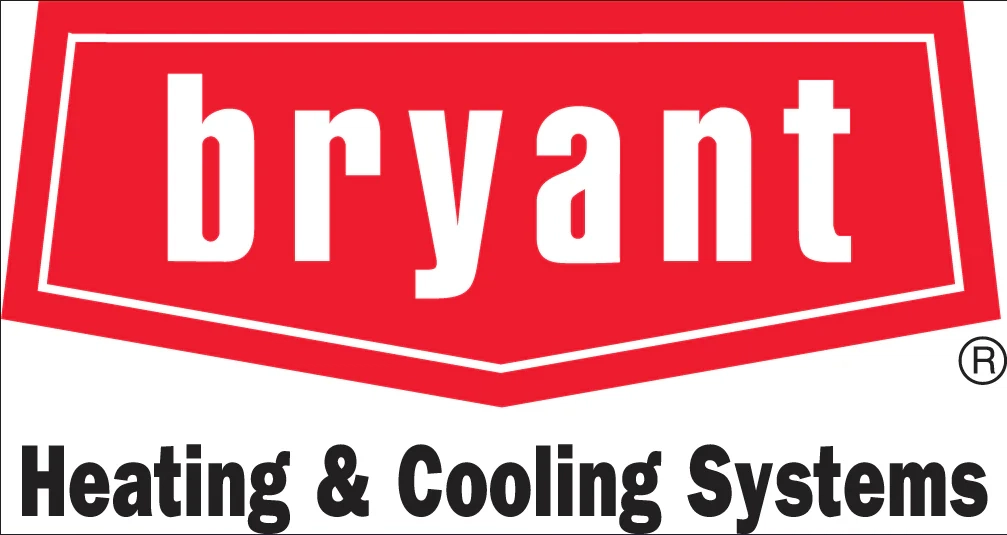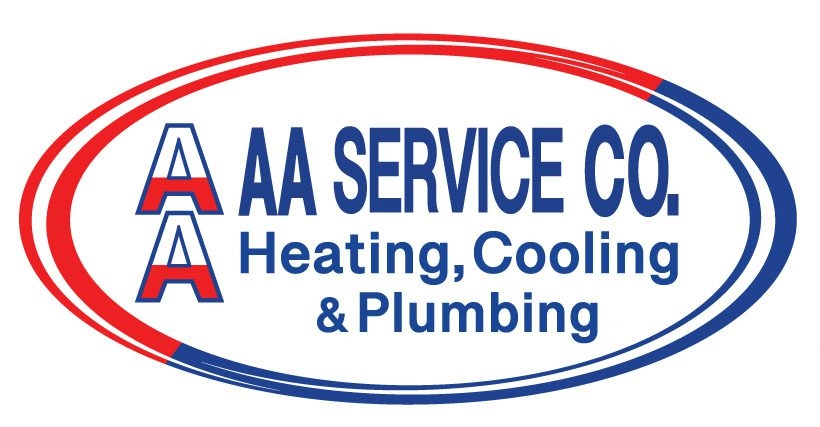Give us a call now for an immediate match with a local pro.
Click to Call(833) 824-3371(833) 824-3371
Last Updated: February 25, 2025
On average, 55% of energy use in American homes goes toward heating and cooling, according to the U.S. Department of Energy. It's important to make sure the temperature control systems in your Chicago home are functioning optimally, so you can avoid spending more than you need to.
Our list of the top HVAC companies in Chicago can help you save money by getting your HVAC system installed, repaired or replaced for a fair price by a skilled worker.

Our Rating
User Rating
Informative resources
Clear pricing policy
Free quotes
Services Offered

Our Rating
User Rating
Reliable customer support
Free quotes
Clear pricing policy
Informative resources
Services Offered

Our Rating
User Rating
Informative resources
Prompt service delivery
Free quote
Reliable customer support
Clear pricing policy
Services Offered

Our Rating
User Rating
Clear pricing policy
Reliable customer support
Free quotes
Informative resources
Services Offered

Our Rating
User Rating
Reliable customer support
Free quotes
Clear pricing policy
Informative resources
Prompt service delivery
Services Offered

Our Rating
User Rating
Clear pricing policy
Informative resources
Reliable customer support
Free quotes
Services Offered

Our Rating
User Rating
Free quotes
Clear pricing policy
Reliable customer support
Informative resources
Services Offered

Our Rating
User Rating
Clear pricing policy
Free quotes
Informative resources
Reliable customer support
Services Offered

Our Rating
User Rating
Clear pricing policy
Free quote
Reliable customer support
Informative resources
Services Offered

Our Rating
User Rating
Prompt service delivery
Informative resources
Clear pricing policy
Reliable customer support
Free quotes
Services Offered
Today's Homeowner looks at dozens of datapoints on hvac companies to come up with our data-driven rankings. It's not possible for a company to pay for preferential treatment in our rankings. We look at the following key factors in determining who should top our list:
If your HVAC system is faulty or getting old, it likely needs repairs or replacement from an HVAC company. Watch for these indicators your system needs service:
These HVAC red flags indicate that you should have your system evaluated. A local provider can complete an inspection, identify problems, and advise you whether you should repair or replace your HVAC unit.
What you pay for HVAC installation or maintenance is determined by your system type. Common HVAC unit styles include the following:
HVAC maintenance costs differ based on the specific services required. HVAC systems can be complex and potentially require several different services. Fees for typical jobs are as follows:
| HVAC Unit Type | Cost | |
|---|---|---|
| Split | $2,006-$5,115 | |
| Hybrid Split | $4,066-$7,490 | |
| Heat Pump | $3,148-$32,077 | |
| Packaged Heating and Air | $263-$439 |
HVAC system repairs and replacements are important, but can be pricey. Thankfully, there are steps homeowners can take to reduce wear and tear on their HVAC and lower future maintenance needs.
| Service | Cost | |
|---|---|---|
| Filter Replacement | $66-$176 | |
| Condensor Cleaning | $1,317-$3,951 | |
| Thermostat Repair | $88-$220 | |
| Ductwork Cleaning | $421-$1,054 |
Finding the right HVAC company is key for a smooth installation or repair. Hiring an experienced, credentialed HVAC contractor gives you confidence your system can provide reliable heating and air conditioning year-round.
Request estimates from at least three HVAC companies. Describe your issues and ask if specialists can inspect your system in person. Review each provider's diagnoses, recommended solutions, estimated cost, warranties, and timelines. Avoid companies that pressure you or demand payment before work.
Look for an HVAC company that employs skilled technicians who have the necessary training and licenses. In all states, HVAC contractors must obtain a Section 608 Technician Certification from the Environmental Protection Agency (EPA). This certification is mandatory for any individual who helps "maintain, service, repair or dispose of equipment that could release refrigerants into the atmosphere." An individual must pass an exam (the type of exam depends on what kind of equipment they intend to work with) to be certified by the EPA. All other licensing requirements are handled on a state-by-state basis.
Illinois doesn't have state-level contractor licensing requirements. However, there may be local regulations, so make sure to check with your municipal government to confirm that your contractor meets all of the requirements. You can verify an Illinois business license on the Secretary of State's website. Checking reviews on Yelp, the Better Business Bureau (BBB), Google Reviews, and similar sites can aid your decision as well. Choose a provider with stellar reviews and stories of positive experiences from customers.
Always make sure you understand what a company’s process looks like. When HVAC repairs are needed, ask your provider to specify which parts need replacement and explain why. Confirm that your technician will clean and test the system afterward to ensure proper operation. When replacing your HVAC system, ask the contractor to provide details on the new brand, energy efficiency, features, model, and estimated installation time. Before signing a contract, make sure you understand the process your provider will use to select the correctly sized system for your home and what the cost will be.
Trustworthy HVAC companies back their work with warranties. Compare warranties from different companies, bearing in mind that broader coverage is better. Look for the company that offers the most coverage for a reasonable price.
Get a written proposal before HVAC work starts. A comprehensive quote includes both materials and labor costs. Make sure you understand and accept all terms before signing the contract.
You should have your HVAC system inspected twice yearly. After completing their inspection, your technician will inform you what services are required. You should also have your system inspected if you start noticing issues such as leaks, unusual smells, or strange noises. If your home has ductwork, it should be inspected every few years.
Usually, it's best to have your HVAC system inspected in the spring and fall, as technicians tend to be less busy at these times. This also helps make sure your system is prepared for the summer and winter, when it probably sees the most use.
You can save energy throughout the year by reducing the amount of power your HVAC system uses to maintain the temperature of your home. Always keep your thermostat as close to the outside temperature as you can, and avoid making drastic changes — adjust it only a few degrees at a time. You might also consider getting a smart thermostat.
It takes roughly one to three days to have an HVAC system installed or replaced. If you need just a furnace or a single air conditioning unit, this may take anywhere from a few hours up to two days. This timeline will be determined by the size of your house, how easily accessible your system is, and any issues your technician runs into.
For a 2,000-square-foot home, you'll want a furnace that's between 50,000 and 80,000 BTUs (British thermal units).
For a 2,000-square-foot home, you'll also want to purchase an air conditioning unit with between 2.5 and 5 tons of capacity. In general, if your home is larger than 1,000 square feet, central air will be more effective than window air conditioning units.
Your HVAC company may have financing options via a third-party lender, or you might be able to obtain your own loan. It's smart to discuss payment options with a financial advisor and your HVAC company to make sure that you find the best option for you.
There are a number of ways you can make your HVAC system more energy-efficient:
